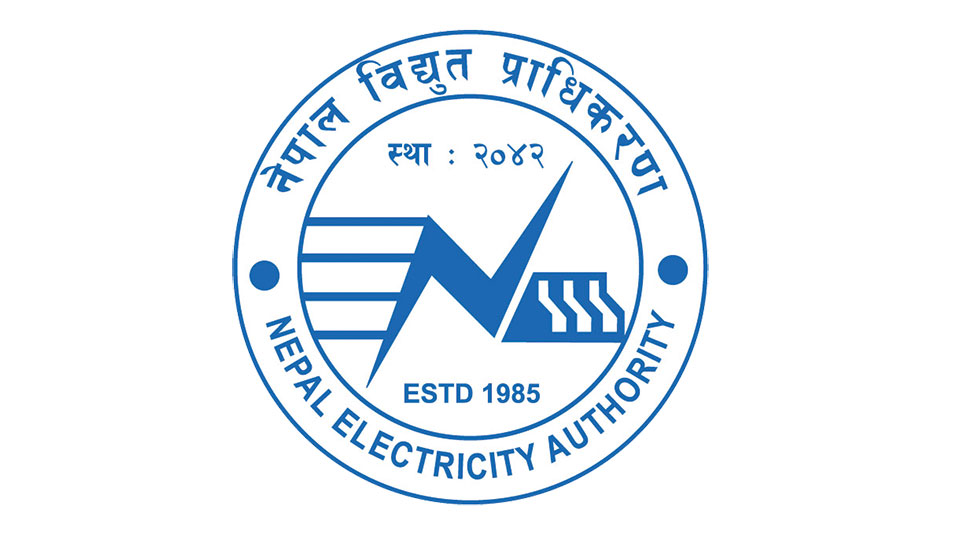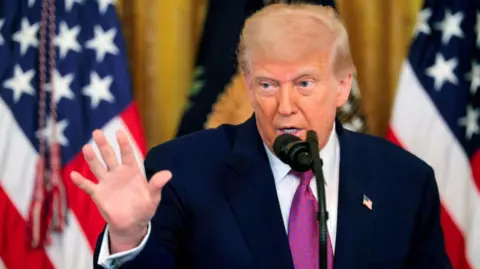Say house-owners charging them highest price of Rs 13 per unit
KATHMANDU, Sept 3: Though the Electricity Tariff Fixation Commission (ETFC) has argued that the new electricity tariff benefits small consumers, tenants in Kathmandu Valley, as well as other parts of the country, continue to pay high price for electricity.
Tenants say house-owners are forcing them to pay Rs 13 per unit even though they consume low volume of energy.
Chandra Shivakoti, who lives in a rented apartment at Putalisadak, has been paying Rs 13 per unit for electricity.
As per the new tariff structure, NEA charges Rs 3 per unit for first 20 units, Rs 7 per unit for the next 10 units and Rs 8.5 for next 20 units for consumers having 5 ampere meter. The highest tariff for consumers in this category is Rs 13 per unit.
Similarly, service charge of Rs 120 is slapped on consumer using more than 400 units per month.
“Tenants feel cheated as they are being forced to pay Rs 13 per unit even though they consume low volume of electricity,” Bishnu Prasad Timilsina, secretary of Consumers Rights Protection Forum, told Republica.
Shopkeepers, who take shutters for businesses, are also being forced to pay high prices for electricity. A house owner is charging Rs 12 per unit for a travel agency housed in his building. The promoter of the travel agency preferred anonymity.
As NEA distributes electricity lines only to house owners, tenants have to pay whatever charges fixed by the house-owner.
Timilsina accused Electricity Tariff Fixation Commission (ETFC), the regulating agency of electricity tariff, for not addressing the problems of tenants. "ETFC should devise a separate guideline to set electricity price for tenants," he added.
ETFC Chairman Jagat K Bhusal acknowledges that tenants were not benefiting from the new tariff regime.
Consumers using less than 50 units per month are categorized as basic users.
"We only set tariff for consumers of NEA. We are not authorized to set electricity tariff for tenants,” Bhusal said, adding that NEA should recognize tenants as household users and provide them separate meters.
NEA officials they can provide separate meters to tenants. “But tenants should bring consent paper from house-owners and apply at NEA to get separate meter connection,” Gopal Babu Bhattarai, deputy managing director of NEA, said.
ERC sets a limit on how much house owners can charge tenants fo...







































